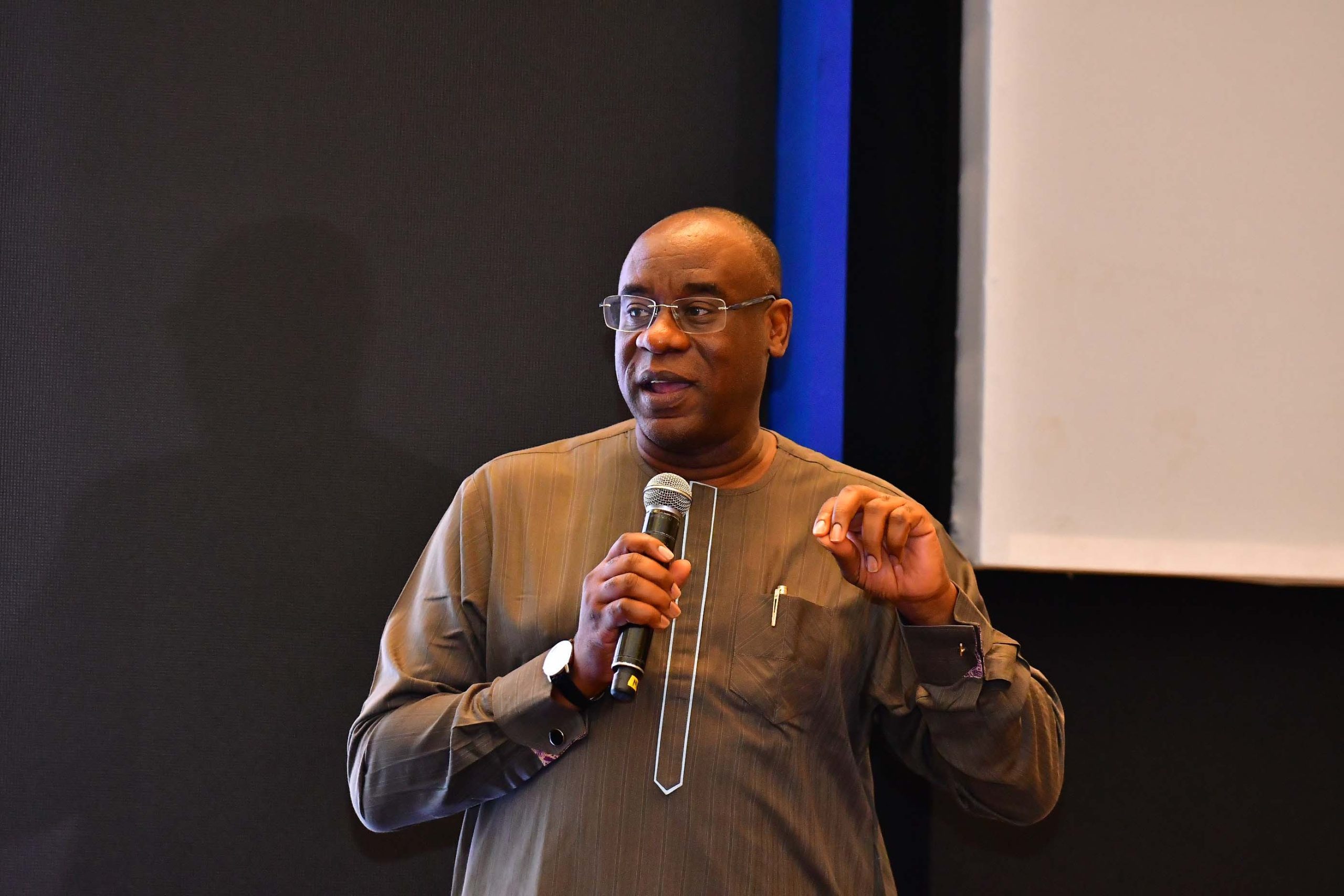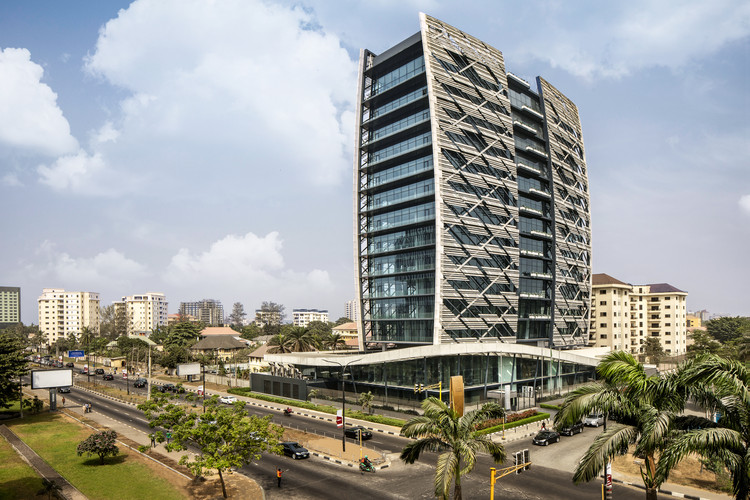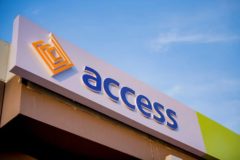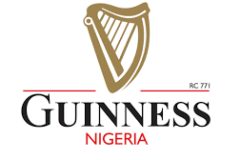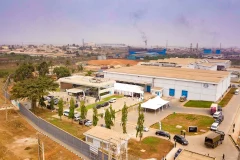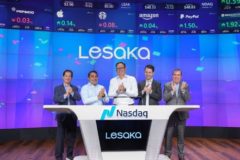In the first Monetary Policy Committee meeting of the Tinubu administration, the Central Bank of Nigeria (CBN) elected to raise lending rates by 25 basis points
Nigeria’s Central Bank has raised the benchmark lending rate by 25 basis points to 18.75 percent, from 18.5 percent, in an aggressive push to contain inflationary pressure. The acting CBN governor, Folashodun Shonubi, announced this today after the bank’s Monetary Policy Committee (MPC) meeting that began Monday.
Sections of the media billed this week’s MPC as a litmus test of the CBN’s independence under a new President. The thinking is that acting CBN Governor Folashodun Shonubi may have been tempted to keep rates stable to ensure his appointment is made permanent. It is not without precedent; under the past CBN governor, Godwin Emefiele, many observers felt that the apex bank became subservient to the executive arm of government and that Emefiele’s tenure was extended because he played to the whims of the government of the day. Nevertheless, before the end of the Buhari administration, Godwin Emefiele raised rates twice in response to inflation after years of seeming indifference. Today’s rate hike was less than the 100 basis points hike predicted by a cross-section of experts TechCabal spoke to.
In 58 days, President Bola Tinubu has fulfilled his campaign pledges to end fuel subsidies and unify the country’s exchange. Yet, inflation is a tougher nut to crack, as headline inflation continued to rise in June and in July, headline inflation reached 22.79%.
Experts told TechCabal that Nigeria’s rising inflation can’t only be solved by raising MPR. The CEO, Coleman wires and Cables, George Onafowokan, asked the government to hold the rates, noting that it is affecting the business of manufacturing, which will end up passing the cost to the end user. “Do we need more increases? If you look at treasury bill rates as of July 12, it is 5.94%. If the savings rate of the government treasury bill at one year is 5.94%, I don’t see the benefit of an increase. It will slow down the real sector,” Onafowokan said.
The Head, Research and Strategy at Cordros Securities Limited, Jolomi Odonghanro, explained that higher interest affects consumption and price stability. He noted that MPR rates have been used to address inflationary pressures, and there has not been a connection between the MPR and the financial market. He gave an example using the treasury bills rate of less than 6% and the MPR rate of over 18%. He said the MPC needed to realign the market so the MPR would affect both the real sector and the financial market.
The apex bank chief said the bank is concerned with hiking the interest rates, reducing liquidity, and curtailing inflation. He added that the CBN is trying to keep the foreign exchange stable. “If there is a need for us to intervene either by buying or selling, we will. We will bring the markets to the level where it should be,” he stated.
Where does this leave Nigerians?
The MPR rate is a tool the CBN uses to tackle inflation. It also determines the lending rate of financial institutions in the country— an increase in the rate means that borrowing for small businesses will be difficult. In June 2023, the head of external communications and media relations of Unity Bank, Jonah Nwokpoku blamed the lender’s poor financial health on “the continuous rise in interest rates and high inflationary environment.” The bank failed to meet the required minimum Capital Adequacy Ratio (CAR) of 10% and the minimum capital requirement of ₦25.00 billion for a national bank as required by the Central Bank of Nigeria (CBN) in its full-year 2022 results.







